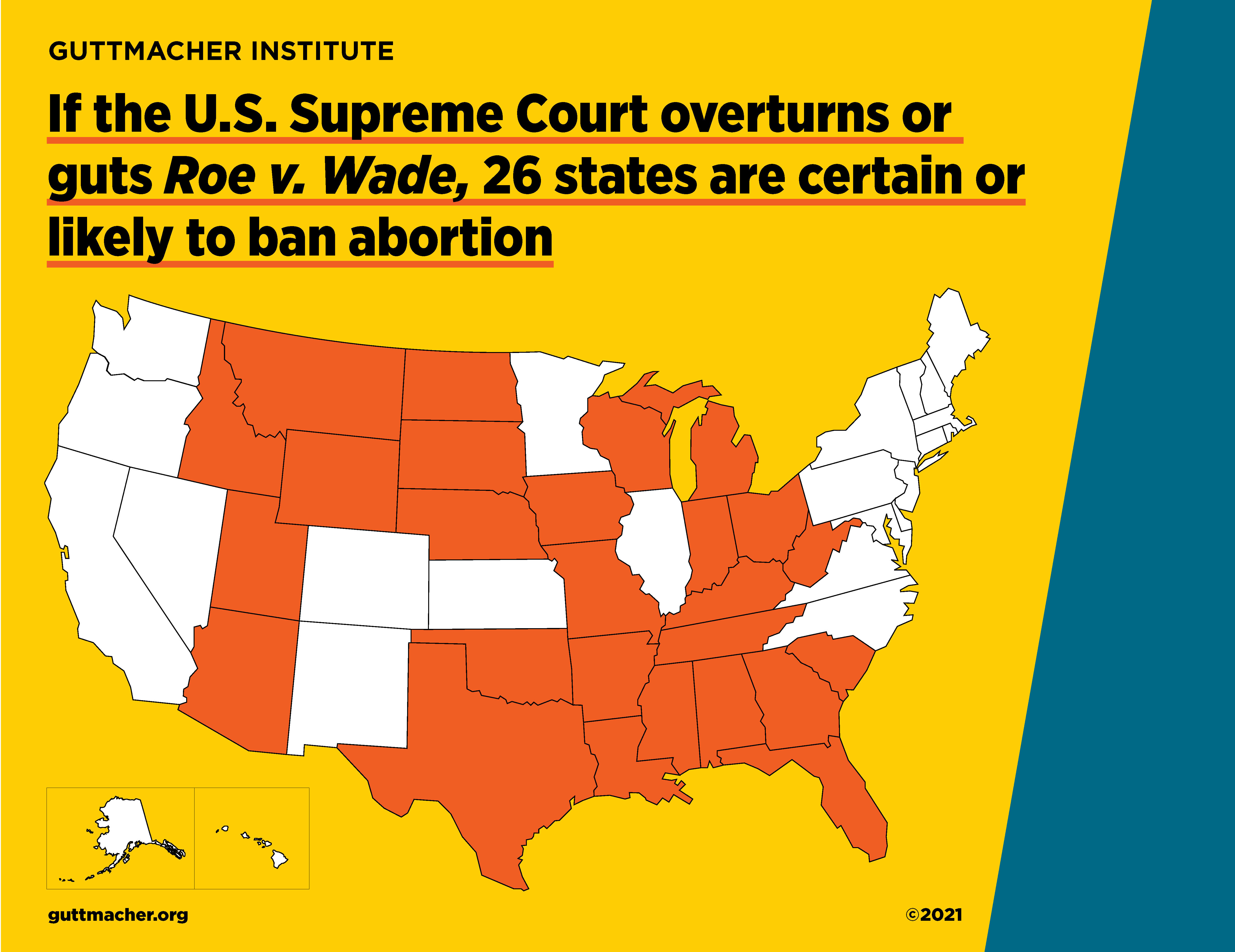When thinking about groups of women who are affected by the overturning of Roe v. Wade, one group rarely comes to mind: women who suffer from infertility.
However, these women have their own fears when thinking about the overruling of Roe v. Wade. While most people think about the elimination of terminating a pregnancy, these women worry about their ability to get pregnant. This is being assisted reproductive technologies can be affected by certain laws that emerge from banning abortions.
A type of assisted productive technology that is commonly used to help women facing infertility is called IVF, or in-vitro fertilization. The Mayo Clinic describes IVF as a process in which “mature eggs are collected from ovaries and fertilized by sperm in a lab. Then the fertilized egg or eggs are transferred to a uterus.” However, the overturning of Roe v. Wade can affect the availability of this reproductive process.
:max_bytes(150000):strip_icc():format(webp)/understanding-ivf-treatment-step-by-step-1960200_color3-5b84208dc9e77c0050b1f5f5.png)
There have been attempts in which states tried to pass laws that declare personhood for embryos as soon as an egg is fertilized. Verywell Family, a review board of board-certified physicians and family health experts, states, “These personhood bills could inadvertently limit common IVF practices and procedures, such as testing embryos for genetic abnormalities before transfer.” These bills can ultimately make IVF more expensive, more difficult, and illegal in some cases.
These personhood bills mainly focus on the storage and insertion of these embryos. Since the embryos would have established human life, where the embryos are stored would be deemed unethical. However, discarding the embryos would ultimately be eliminated. Even compassionate transfers could be deemed illegal. These transfers are procedures in which in-vitro fertilized embryos are planted in the women’s reproductive system at an infertile point in the menstrual cycle. Compassionate transfers are not expected to result in a pregnancy and the embryo will perish.
Since the overturning of Roe v. Wade transfers the abortion laws to the states, it depends on how the lawmakers of the states define when life begins. The Guttmacher Institute expects 26 states to ban abortions, including Texas, Florida, and Alabama. Half of the states in America will have laws that state that life begins at conception. These states will ultimately create personhood laws that are triggered from these abortion bans.
A Map of the 26 States Expected to Ban Abortions
So, Roe v. Wade does not just affect the termination of pregnancies, but also the creation of them. While most people only focus on abortions, there is a large group of women who will be unable to start or add to their families because of the laws that affect assisted productive technology.
Roe v. Wade is much more than a court case that decides the fate of abortions.
It decides the fate of birth control.
It decides the fate of families.
It decides the fate of health care.

Wow this is a fantastic post! It seems like society (and myself) always only associate Roe v Wade with abortions and pregnant women; however, I love your explanation on how this law also effects women who are experiencing infertility, and who are trying to actually become pregnant. It sucks that the same policy that bans abortions is also on its way to making IVF treatments less accessible, more expensive, and maybe even illegal! It is very interesting – and sad- to see how Roe v Wade affects so much more than one might think, and how so many women throughout the US will be put at a disadvantage and/or have a much harder time accessing healthcare and making their own choices as a result. Thanks for such a thoughtful post!
Roe v Wade is such a complicated and monumental court case that I wish I had learned more about. In my AP Gov class, we just skimmed over it as “the abortion case”. I’ve never heard anyone mention the consequences to women struggling with infertility, and that’s a huge issue to completely overlook. Abortion is a very complicated and emotionally heavy topic, but we can’t allow ourselves to become so polarized one way or the other that we become blind to everything else. We can’t simply push for Roe v Wade to be overturned without recognizing that this will destroy the dreams of so many potential mothers and families. This was a super insightful post, great job!
This post is written super well. Roe v. Wade is such a big issue, especially today, and after it was overturned. To think that things are like this is truly so scary, especially as we get older. It is important for us to educate people and for us to make the changes that we hope for one day. Great post!